
The country has launched its first-ever national masterclass on carbon markets to build local expertise and position the country to benefit fully from the rapidly growing global carbon trading industry.
The training, organised by the Ghana Carbon Market Office under the Environmental Protection Agency (EPA), brings together participants from private companies, energy institutions, technology firms and environmental sectors to learn the fundamentals of carbon credit generation, accreditation and trading.
Prof. Nana Ama Browne Klutse, Chief Executive of the EPA, said the global surge in carbon market activity presents Ghana with a major opportunity to unlock revenue, attract renewable energy technologies and improve livelihoods, especially among vulnerable groups.
“The carbon market is trending worldwide, and Ghana has a huge carbon credit potential we can trade for money and for renewable energy technologies that will help the country and its citizens,” she said.
She noted that Ghana has already set up a Carbon Market Office and gained practical experience in transferring its first Authorised Emission Reductions (ITMOs) to Switzerland under Article 6 of the Paris Agreement.
Prof. Klutse said the training is designed to expand national capacity by equipping institutions and individuals with the technical skills required to participate effectively in carbon accreditation processes.
“Carbon credits are not like tomatoes you take to the market; they go through several accreditation steps. This training helps us build those skills so Ghana can maintain its credibility internationally,” she emphasized.
She added that Ghana’s carbon credit potential spans forests, waste management and renewable energy projects, but warned that illegal mining continues to degrade forest reserves and threaten the country’s credit base.
Dr. Daniel Tutu Benefoh, Lead of the Ghana Carbon Market Office, said the masterclass aims to enhance local participation and ensure Ghanaian experts are positioned to serve the growing carbon market sector.
“This training is to equip Ghanaians to be part of the carbon markets economy by providing services to project developers and private sector actors,” he said.
He revealed that an assessment of 12 carbon projects shows Ghana could generate about US$500 million in economic benefits over the next five years through unlocked investments, government revenues and job creation.
“At the individual level, people can also gain employment and incomes by participating in carbon trading processes,” he added.
Dr. Benefoh acknowledged that the sector has faced challenges, including limited local expertise, inadequate engagement from financial institutions, and a lack of comprehensive policy frameworks. However, he said these gaps have been addressed through the Ghana Carbon Market Framework, capacity-building initiatives and active involvement of more than 100 private-sector-led projects.
He explained that carbon trading involves monetising emission reductions from climate-friendly projects and exchanging them for payment, helping countries accelerate their energy transition.
“For example, if electric vehicles are expensive, carbon credits can reduce the financial barrier and make such investments possible,” he said.
Participants in the first cohort include companies from the cement, tree crop, technology and manufacturing sectors. The masterclass is structured into foundation and advanced levels, with additional cohorts planned for next year.
Dr. Benefoh said the Carbon Market Office also plans to collaborate with universities and technical institutions to mainstream carbon market training into academic programmes to build long-term skills.
“Climate change is not just a risk; it is also an opportunity. We must maximise both,” he said.
Ghana continues to attract attention from other African countries seeking to learn from its carbon market framework, with delegations from Tanzania, Malawi, Uganda and Namibia already engaging the Carbon Market Office.
The ultimate objective, Dr. Benefoh noted, is to help build an African carbon market of high integrity. “This commodity is intangible and thrives on perception and credibility. We want Africa to have a market that meets the highest standards,” he said.
The post EPA begins national training to boost carbon trading capacity appeared first on The Business & Financial Times.
Read Full Story
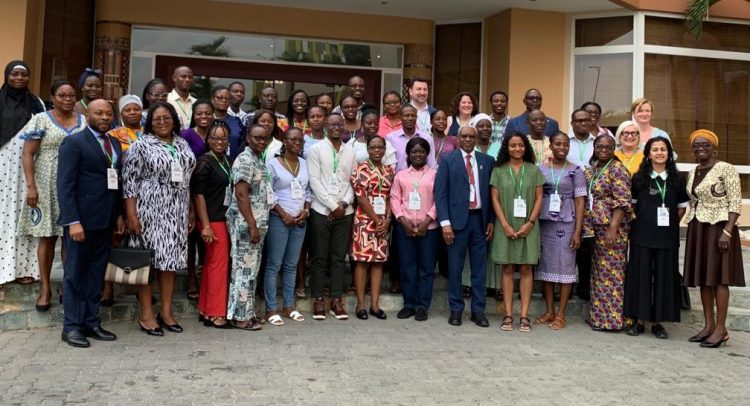
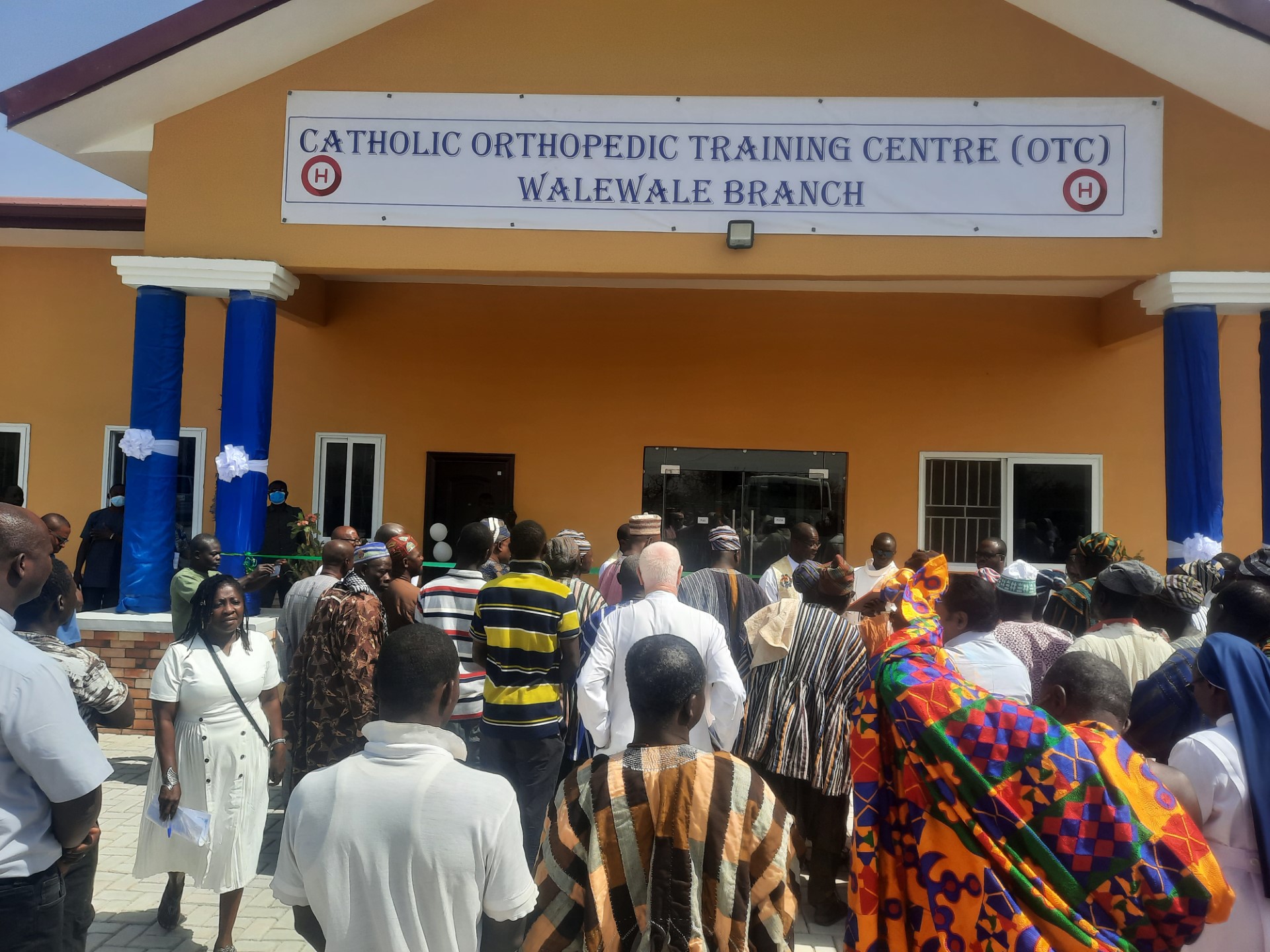
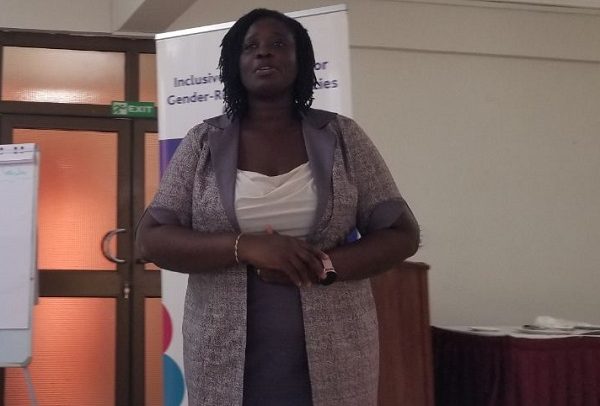
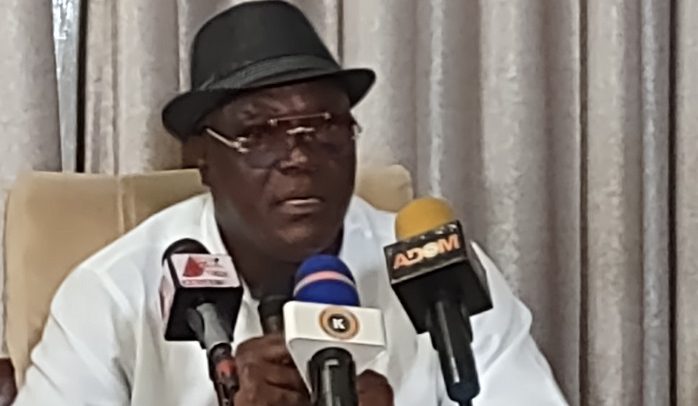
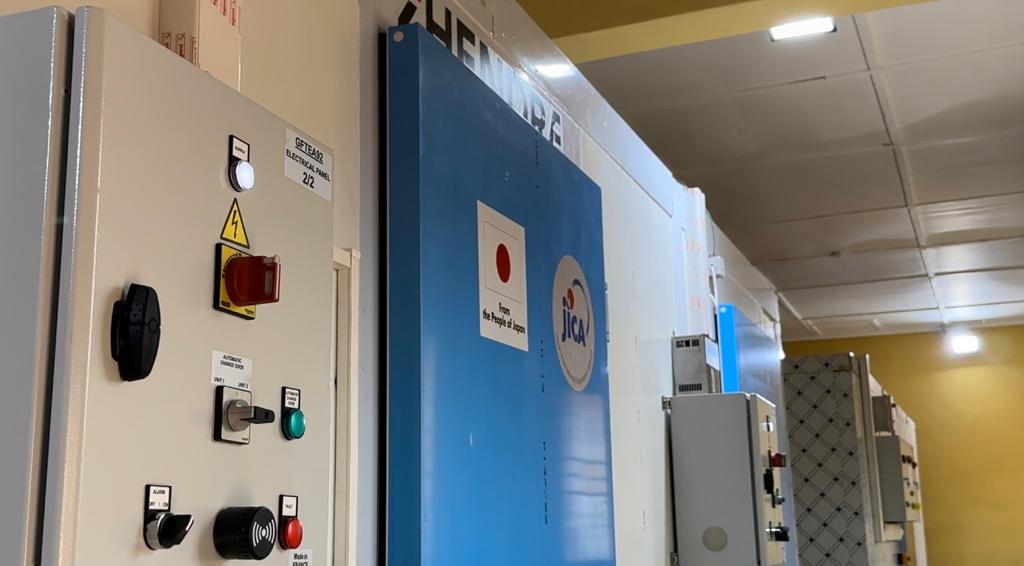
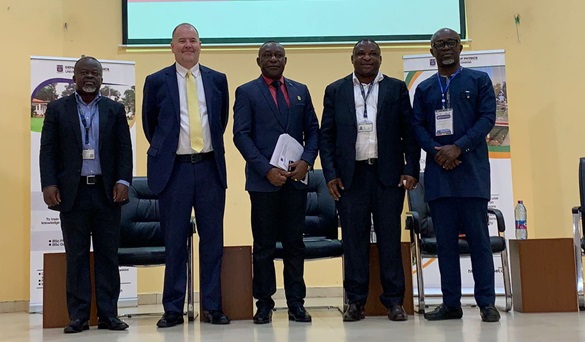
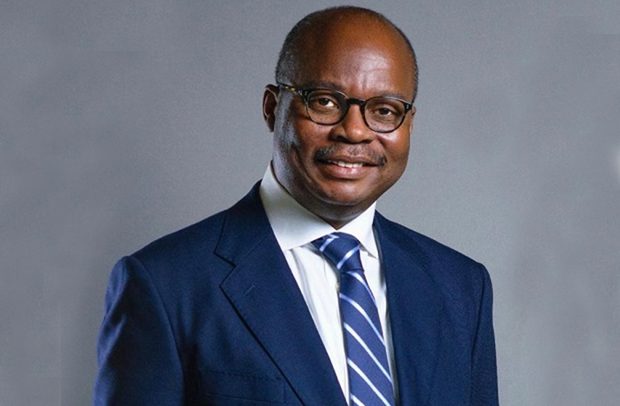


















Facebook
Twitter
Pinterest
Instagram
Google+
YouTube
LinkedIn
RSS